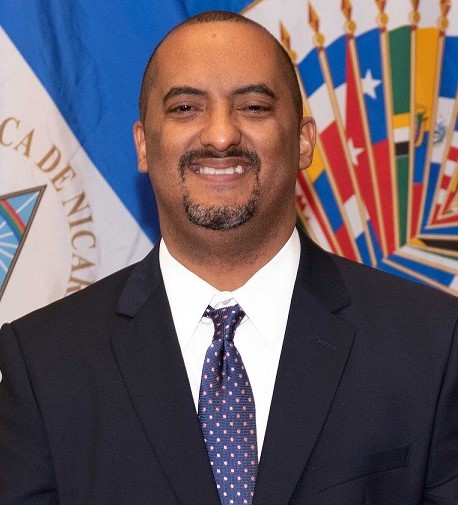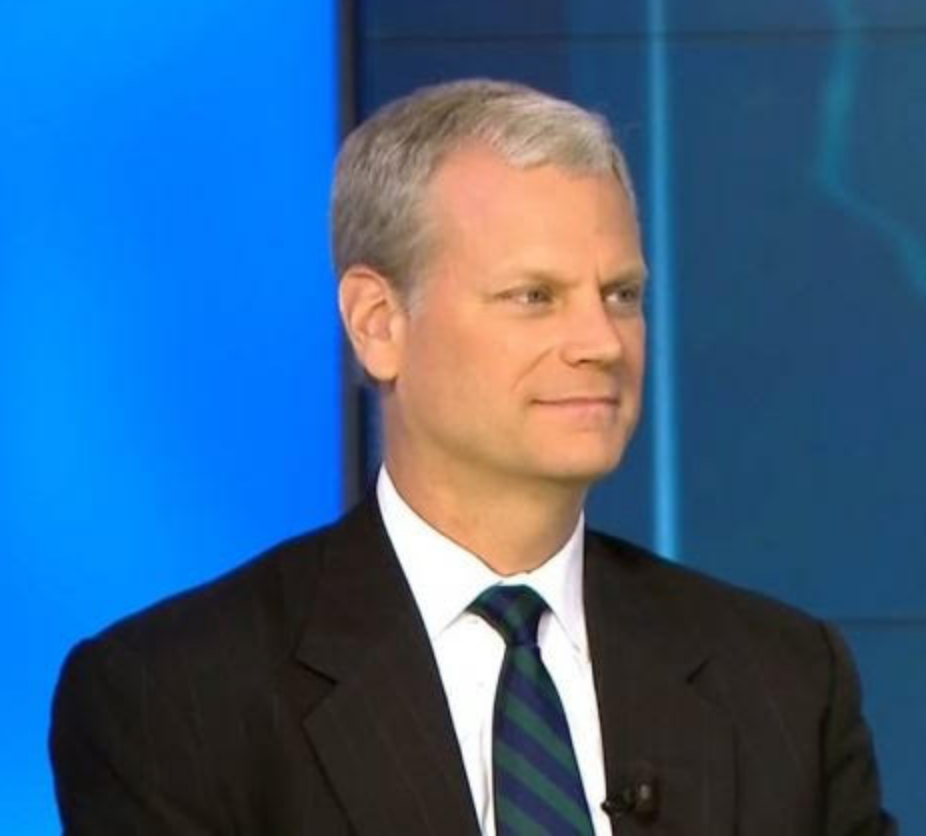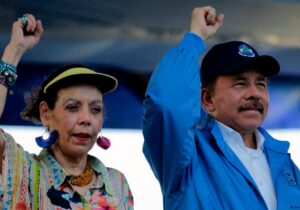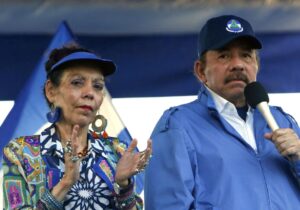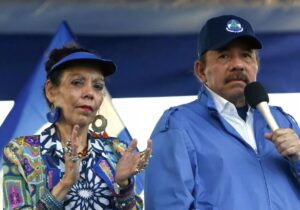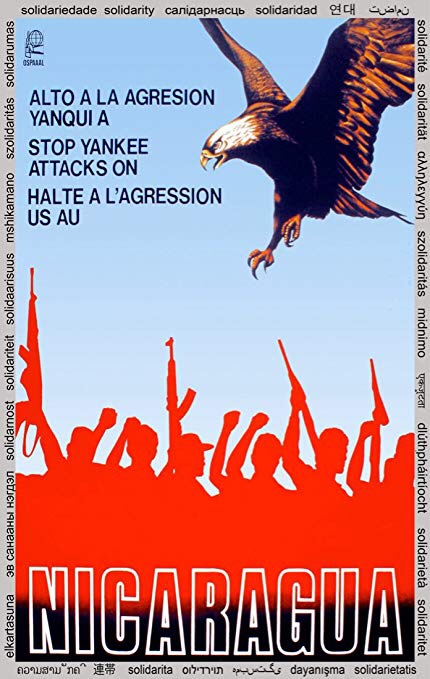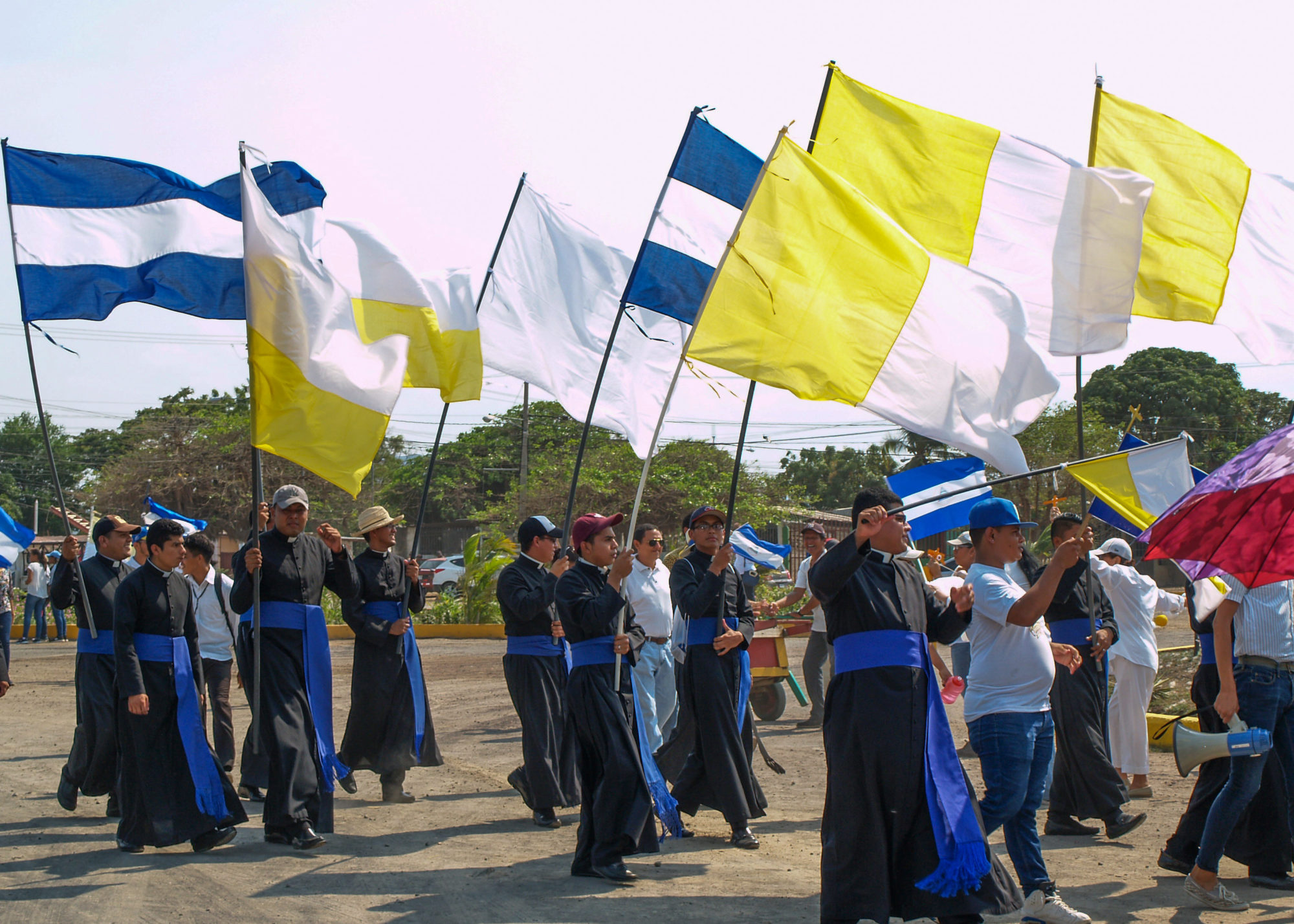March 2023 will be remembered as the month Nicaragua’s war against the Catholic Church went nuclear. For years, even as the brutal regime of Daniel Ortega and Rosario Murillo increasingly took steps to persecute priests and bring the faithful to heel, the Pope and church officials sought to minimize conflict and accommodate the government. But the February sentencing of Monsignor Rolando Alvarez to 26 years in prison with hellish conditions was just too much. Unable to remain quiet about this latest outrage, on March 10th Pope Francis gave an extraordinary interview condemning the Ortega-Murillo dictatorship as “Hitlerian,” calling its leaders mentally unstable and uncouth. He insisted they release Alvarez, jailed in a fit of pique after a summary trial for refusing to accept exile along with over 220 other political prisoners now stripped of their belongings and Nicaraguan citizenship.
The response was swift and uncompromising. The regime closed Nicaragua’s diplomatic mission to the Vatican and demanded that the Holy See reciprocate, which it has. It’s a historic inflection point; the last time a Latin American nation broke relations with the Vatican was in 1861. Not even the Cuban or Venezuelan dictatorships have taken such a step. The suggestion of numerous observers is that the regime is spiraling out of control.
Pressure has been building at least since 2018 when public protests were violently suppressed. Hundreds were killed by security forces with shoot-to-kill orders. As each national institution was subsequently co-opted or captured outright by the regime, the church remained independent despite an intensifying campaign of intimidation. The March 2022 expulsion of the Apostolic Nuncio, Waldemar Sommertag, unleashed a new phase of police and paramilitary actions against church leaders, laypeople, and property. Over 400 violent acts have now been documented.
Religious persecution is quickly reaching absurd levels in this deeply religious nation. As Easter approaches, the most important day along with Christmas on the Nicaraguan liturgical calendar, the government has just taken the mean-spirited step of banning the devout, apolitical Lenten processions that traditionally mark the season.
But this is ultimately a self-defeating approach. Rather than attacking the Catholic hierarchy, as the regime intends, banning demonstrations of faith is really an attack on all Nicaraguan believers, including Protestant evangelicals, who for years have steadily been gaining ground across Central America. Ortega is walking a tightrope; not even his core Sandinista supporters or Latin America’s fellow dictators have aligned themselves against the first pope from Latin America.
The dictatorship appears increasingly isolated, its attacks putting it in the company of nations like China and North Korea. The U.S. Congress is holding hearings to investigate.
Meantime, an enraged Ortega seeking to lash out dramatically increases the risk to incarcerated leaders including Monsignor Álvarez. Monsignor Silvio Báez, the exiled Auxiliary Bishop of Managua, has put it this way: “I fear that the dictatorship will be more merciless against [Alvarez]. I plead with the international community to put more pressure on the regime by demanding that he be released immediately.” Without meaningful international pressure, however, the government will continue its abuses.
What’s to be done? Several steps can be taken, in addition to a campaign of international rejection of the persecution of Nicaraguan believers, which humanitarian organizations including the United Nations, Red Cross, and Inter-American Commission on Human Rights should promote. Bizarrely, Nicaragua maintains a largely free trade relationship with the United States and others in Central America, including the Dominican Republic, and there is no reason Managua should not lose its current benefits until a path to democracy is restored.
The regime also enjoys access to the global financial system, including concessionary loans from institutions including the World Bank, IMF, and the Inter-American Development Bank. Most egregiously, the regional Central American development bank CABEI offers significant financing for the Nicaraguan economy—funds that the regime uses to enhance its social standing and control. The United States is not a member of CABEI but has, through the Development Finance Corporation and other entities, provided support that the bank uses for regional projects under the current president, Dante Mossi, who is considered by many to be a sympathizer of the Nicaraguan regime. (Taiwan is an even larger funder, an increasingly untenable position as one Central American country after another has shifted recognition from Taipei to Beijing.)
The Nicaraguan regime has radicalized, and people of faith and indeed most Nicaraguans are paying the price. Hundreds of thousands have already left, headed next door to Costa Rica or farther north to the United States. We know the root cause: a brutal, uncompromising dictatorship that oppresses its own people to maintain power and absolute control. It’s time for people of goodwill, no matter their faith, to try a different, more urgent approach.
